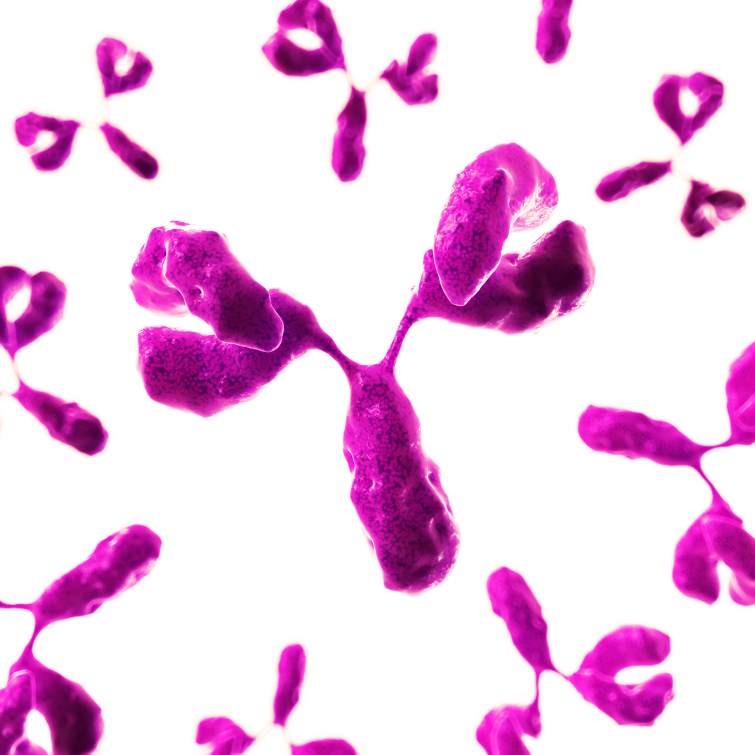
 CORONAVIRUS
CORONAVIRUS
Analysis of the sensitivity of the Indian variant (B.1.617.2) to monoclonal antibodies and sera from convalescent and vaccinated individuals
The variant known as the "Indian variant" (B.1.617) was detected for the first time in India in October 2020 and has since spread to several other countries, including the United Kingdom. In just a few months, the variant evolved into three subtypes, referred to as B.1.617.1, B.1.617.2 and B.1.617.3. Variant B.1.617.2 is now dominant in some Indian regions and seems to be more transmissible than the others.
Scientists from the Institut Pasteur, in collaboration with Georges Pompidou European Hospital (part of the Paris Public Hospital Network or AP-HP), Orléans Regional Hospital and Strasbourg University Hospital, studied the sensitivity of variant B.1.617.2 to the monoclonal antibodies used in clinical practice to prevent severe forms of the disease in people at risk, as well as to the neutralizing antibodies in the sera of individuals previously infected with SARS-CoV-2 or vaccinated. They compared this sensitivity with that of the dominant virus circulating in France (known as the "British variant" or B.1.1.7) and the "South African variant" (B.1.351).
The scientists demonstrated that the Indian variant is less sensitive to neutralizing antibodies than B.1.1.7. Three of the four therapeutic monoclonal antibodies tested are effective against the Indian variant, but one antibody (Bamlanivimab) loses its antiviral activity. By analyzing the blood of people infected with SARS-CoV-2 in the past 12 months, the scientists demonstrated that antibody concentrations three to six times more potent were needed to neutralize the Indian variant compared with the B.1.1.7 strain. This difference in sensitivity was also observed in people vaccinated with two doses of the Pfizer vaccine: the antibodies in their sera were effective against the British variant but slightly less effective against the Indian variant. Moreover, the serum of people vaccinated with one dose of the AstraZeneca vaccine, which is effective against the British variant, is barely active at all against the Indian and South African variants.
Find out more (in French)